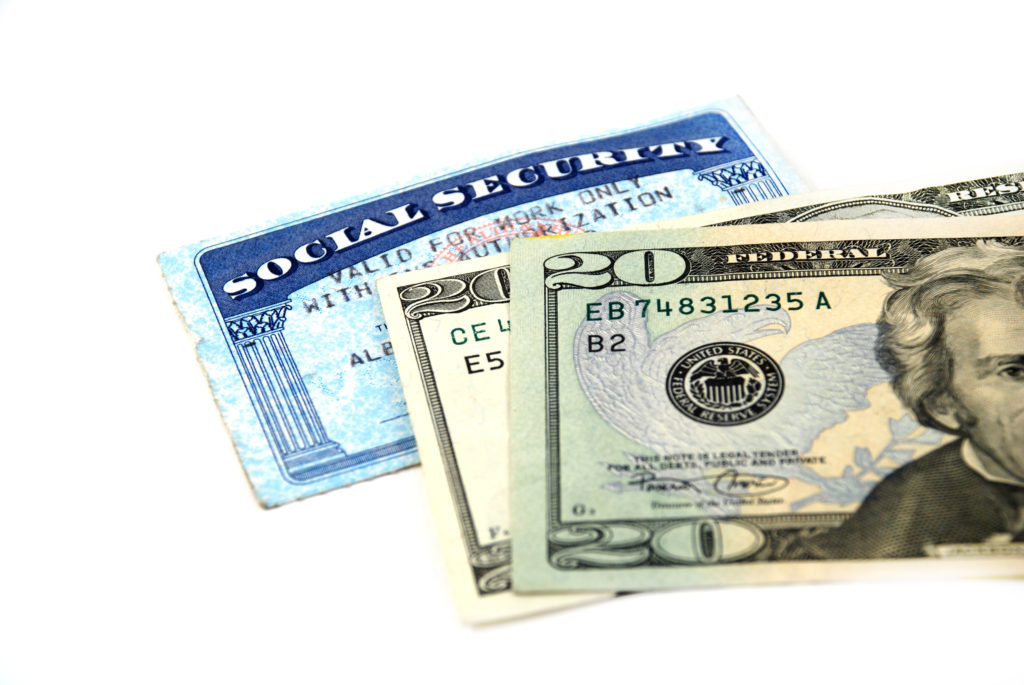Dec 05 2015 How SSN Traces and SSN Searches are Used in Background Checks

Social Security is part of any background check.
When you tell a potential employee you’ll be running a background check, they usually have a few questions. One of the most important ones to field is “Are you using my social security number, and how are you using it?” To help answer that question, here’s an overview of how background checks use a Social Security number.
Where Does The SSN Go?
Contrary to popular belief, your Social Security number isn’t tied to every single record you happen to have. Quite the opposite, in fact. As identity theft has become more and more commonplace as a crime, background check companies, courthouses, and credit bureaus have worked to limit how and where a Social Security number is used.
Increasingly, state law is catching up with the background check industry. You might be surprised how often, prior to the early 2000s, your Social Security number was casually used as a corporate private ID number or printed on the front of envelopes. Still, you can never be too careful, and so, as a result, the SSN is only used in very specific circumstances with trusted companies.
How Is The SSN Used?
So what role does a Social Security number play in a background check? It has two places worth discussing.
The first is that your Social Security number is used for credit checks. The major credit bureaus all currently use the Social Security number paired with the name of the applicant to run credit checks and verify that they’re providing the correct report. This is why it’s crucial for applicants to look at their credit report before they reply to spot errors like Social Security “variation.” It’s uncommon, but not entirely unheard of, to come across somebody who doesn’t have a credit report thanks to a swapped number or an incorrect entry.

Records need to be protected.
The second is also tied to the credit report. Credit reports include an address history for the last seven years; anything beyond that is often off-limits due to federal and state laws such as the Fair Credit Reporting Act. Using that address, a background check company will contact the municipalities listed with the applicant’s name and date of birth to check if there are any court records that match the data provided. Once those come back, they’re collate it into a report and send it on to the person running the background check.
Of note, court documents and other publicly available materials won’t have your applicant’s Social Security number on them. Looking over these documents was a common way for identity thieves to steal information, and thus you won’t find SSNs on most court documents.
Should You Ask For A Number?
All of this does lead to a question you need to answer: Do you want to collect Social Security numbers from applicants? What kind of background check do you want to run?
Keep in mind that you have liability if you collect these numbers and don’t properly secure them. If you collect SSNs, you’ll also be required to follow documentation laws and to destroy the applications you don’t go forward with. So choose wisely, and keep your obligations front and center.
Background Checks can differ greatly from company to company It is best to run a free trial in order to make sure you are comfortable with the quality of the background check as well as the provider.
![]()


